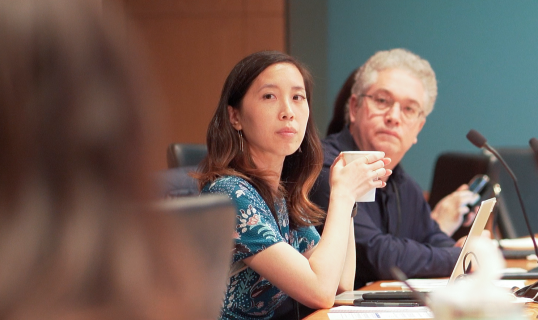
NBME ASSESSMENT ALLIANCE
NBME ASSESSMENT ALLIANCE
Find out how the NBME Assessment Alliance is facilitating meaningful collaborations within the medical education community
Through a variety of funded programs, the NBME Assessment Alliance engages directly with educators, learners, and other members of the health professions education community to identify how, together, we can best prepare the next generation to safely care for a diverse patient population. By providing resources to schools and other organizations, we hope to help accelerate problem solving, support promising initiatives and expand opportunities for new research.
Grant Funding for Investigator-Led Teams
NBME has a number of philanthropic programs to support the community in different ways. The Assessment Alliance grant programs further medical education assessment by providing support and recognition to researchers advancing this field throughout their careers. The programs include Stemmler Grants, Emerging Innovators Grants, and Latin America Grants. You can learn more about the ways in which NBME promotes Community Collaboration and Contributions here.
Co-Creation: NBME and the Community
We cannot innovate alone. It requires partnership, collaboration, and a deep understanding of the educational context. The most collaborative model within the Assessment Alliance is that of the Creative Communities—initiatives that bring together diverse perspectives from the medical education field with NBME assessment experts to research and co-create novel, innovative solutions to the most pressing challenges in medical education.


